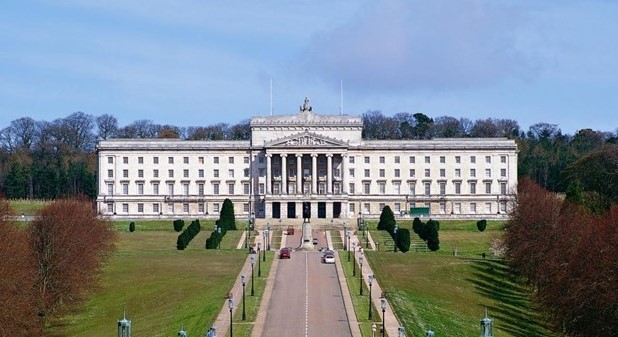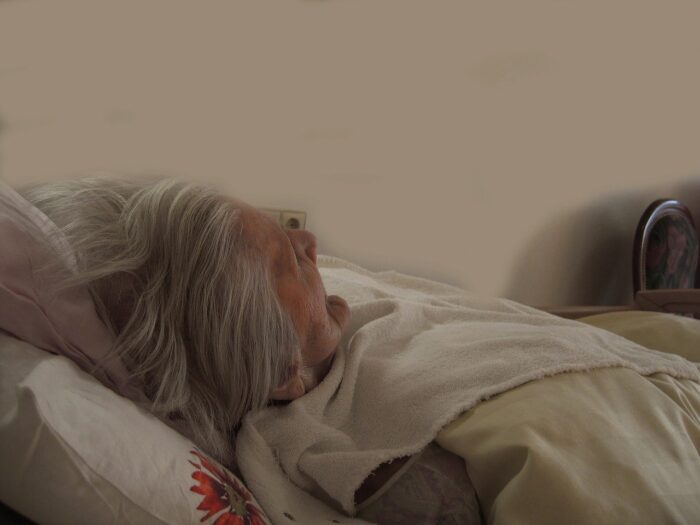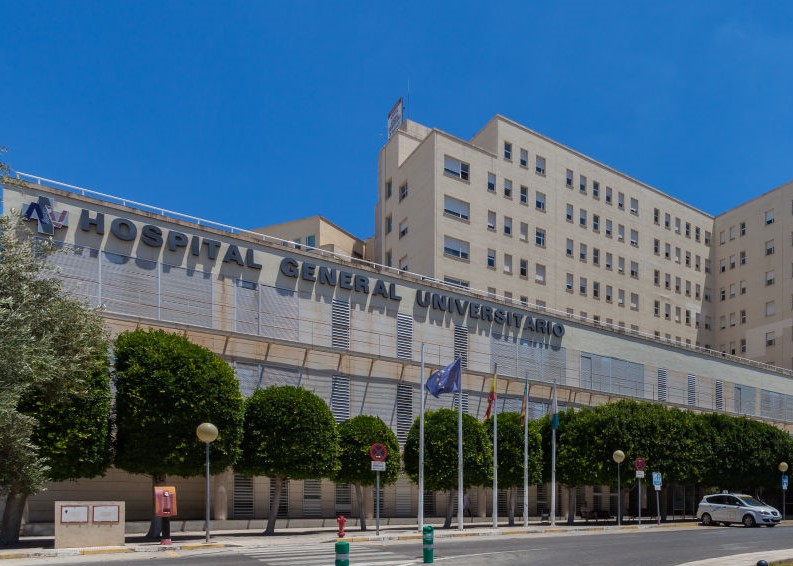
Oxford University has condemned the destruction of a pro-life stand at a freshers’ fair last week.
A group of students threw the contents of the Oxford Students for Life (OSFL) stall into a bin bag, before being confronted by security guards patrolling the fair.
When Irish Times columnist and Iona Institute patron, Breda O’Brien, tried to give a pro-life talk at St John’s College, Oxford, four years ago, pro-choice protestors disrupted it. Around the same time, the pro-life head of the Students’ Union at UCD, Katie Ascough, was driven from her position.
The militants this time refused to leave until they were assured that the stall would not be reinstated, and threatened to tear it down if it was put back up.
Photos of the event show the protesters tussling with members of the pro-life society, the Oxford Student reported.
OSFL has described itself as a “non-sectarian, student-run society” that seeks to promote a culture of life at the university and in the wider community, advocating the protection of human life and dignity from conception to natural death”.
Oxford University has condemned the protesters’ actions, saying the academic institution has a strong history of free speech.

A US federal court on Friday evening issued a ruling allowing a Texas state law, which restricts abortions after a fetal heartbeat can be detected, to take effect again amid an ongoing court fight.
A three-judge panel of the 5th U.S. Circuit Court of Appeals issued its ruling, reversing an October 6 decision by a lower court. At least six Texas abortion clinics had resumed performing abortions after the October 6 ruling, the New York Times reported, drawing strong criticism from pro-life groups.
Texas’ law, which is designed to be enforced through private lawsuits, prohibits abortions after a foetal heartbeat can be detected—around six weeks gestation— except in medical emergencies.
The law, which first took effect last month, allows for awards of at least $10,000 for successful lawsuits against those who perform or “aid and abet” illegal abortions; women seeking abortions cannot be sued under the law.

A court has temporarily blocked a new pro-life law in Texas that bans abortion after the 6th week of pregnancy other than in exceptional cases.
The District Court blocked the law following a request from the Biden Administration. The legislation is to be considered by the US Supreme Court which had previously refused to block the law pending a closer examination of the legal issues at stake.

The Stormont Assembly is not required to introduce the liberal abortion law the House of Commons voted in favour of last year with the intention of overriding Northern Ireland’s current restrictive regime.
The Northern Ireland Secretary of State, Brandon Lewis, has said the region must introduce the law, but the Society for the Protection for Unborn Children (SPUC) is legally challenging the law before the High Court. The case began yesterday.
Acting for SPUC, Northern Ireland’s former attorney general John Larkin QC told the High Court today that there is an “absence of any duty on any person to comply with the directions”.

The Irish Hospice Foundation has reiterated its opposition to assisted suicide ahead of its biennial conference, starting tomorrow and running over two days.
The chief executive of the IHF, Sharon Foley, told The Irish Times: “I can’t see it [assisted suicide] happening in Irish hospices, no. The palliative care movement has come from a movement of dignity and comforting people at the end of life. So it is anathema to them to be any way cutting across that.”
She said she wanted an “informed debate” about the matter and certain questions need to be asked.
She listed examples: “Have we got sufficient facilities for people to die at home? What facilities are there in nursing homes and hospitals? How are schools supported to help children through grief? What impact does complicated grief, where people may not be able to go back to work, have on the economy?”

Having a religious faith helps to ease the burden of poverty and inequality according to a major new study. The research examines people suffering from low Socio-Economic Status (SES) in poor and rich countries, and finds that socially disadvantaged people in developing countries cope with their situation better.
Levels of religious practice are generally lower in developed countries than in developing ones, and the study claims that the lack of religious practice among poorer people in the developed world means they have worse coping mechanisms than those in poorer parts of the planet.
The researchers say: “This finding suggests that, as national religiosity continues to decline, lower SES will become increasingly harmful for well-being—a societal change that is socially consequential and demands political attention.”
The study draws on data sets consisting of several million people.

The Spanish Government is moving to compile a list of conscientious objectors to abortion in order to ensure terminations can be readily accessed in public hospitals. Critics say the move may lead to pro-life doctors and nurses not being hired in the first place and is therefore an attack on conscience rights.
“That would certainly be an attack on the freedom of the person,” the Archbishop of Santiago de Compostela, Julian Barrio, told Europa Press this week.
He says: “there should not be” a registry of doctors who do not want to perform abortions, “because freedom of conscience is something that must always be respected”.
Similarly, the Archbishop of Pamplona, Francisco Perez, argued that “conscientious objection is a right and a sign of freedom.”

After a one-child policy lasting 40 years that often included forced abortion, China is now introducing measures to reduce its abortion rate as the country’s population ages rapidly.
The Chinese Government has announced that it wants to slash the number of abortions taking place for non-medical reasons and to encourage fathers to take more responsibility for their children so women don’t feel as much pressure to resort to terminations.
China has also introduced measures to stop gender-selective abortions because the one-child policy was resulting in far more boys than girls being born.

The tiny state of San Marino, a landlocked enclave surrounded by Italy, has voted in favour of abortion by 77pc to 23pc.
Voters were asked at the weekend to decriminalise abortion for any reason up to 12 weeks and after that if the mother’s health was at risk, or if foetal abnormalities could cause physical or psychological harm.
The vast majority of Britain’s 200,000 or so abortions annually take place on the ‘health’ ground, usually mental health.
San Marino has 33,000 inhabitants and is 61 square kilometres in size.
In June, Gibraltar voted to legalise abortion where a woman’s ‘mental or physical health is at risk’ or when a foetus has a fatal physical defect, by a margin of 62pc to 36pc.
Gibraltar has a population, like San Marino, of about 33,000 people.

Switzerland has become the latest country to legalise same-sex marriage. A referendum at the weekend passed by a majority of almost two-to-one. A law permitting same-sex couples to marry is expected to come into force by next summer. Same-sex couples will be permitted to jointly adopt children, and lesbian couples will be given access to donor-sperm.
Opponents of the law say it will deprive children of their right to a mother and a father.